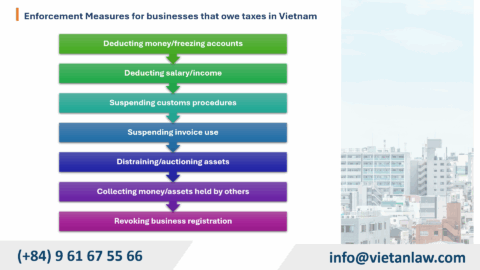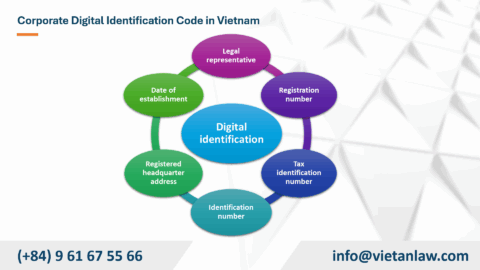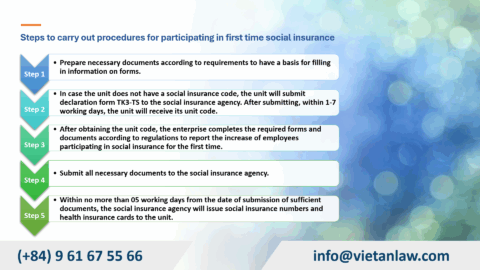Arbitration is one of the most popular dispute resolution methods today, chosen by many individuals and organizations. However, not all disputes can be resolved by arbitration, but certain conditions must be met for arbitration to be able to resolve conflicts between disputing parties. In order to provide more information to customers about the conditions for dispute resolution by arbitration, Viet An Law Firm will provide the following article.
Dispute resolution by arbitration is when the disputing parties agree that a third party called an arbitrator will act to resolve their case and one of the parties submits the matter to arbitration for approval by the Arbitral Tribunal to make a final judgment. This award of the Arbitral Tribunal is binding, forcing the disputing parties to comply.
Dispute resolution by commercial arbitration has the following characteristics:
Based on the provisions in Article 5 of LCA on conditions for resolving disputes by arbitration, accordingly, to resolve disputes by arbitration the following conditions must be satisfied:
The above conditions are mandatory conditions as prescribed by law. If the parties wish to resolve their dispute by arbitration, the parties must fully meet these conditions before the arbitrator can resolve their dispute.
Incorrect or incomplete implementation of one of the above conditions will result in the arbitration agreement being invalid. Therefore, the arbitrator will no longer have the authority to resolve conflicts and disagreements between the disputing parties.
Having an arbitration agreement between the parties is a prerequisite to considering whether the dispute falls within the scope of the arbitrator’s dispute resolution jurisdiction.
The arbitrator does not have the automatic authority to resolve any dispute. Only when the parties choose an arbitrator to submit their dispute to be resolved by the Arbitral Tribunal, then the arbitrator have the authority to resolve the dispute.
Meanwhile, the arbitration agreement is a method of representing to the parties that they choose arbitration to resolve their dispute. Therefore, the first condition to resolve disputes by arbitration is to have an arbitration agreement.
The law contemplates if an individual party dies or loses his capacity to act and cannot continue to perform the arbitration agreement.
Without a provision, once one of the parties to the arbitration agreement dies or becomes incapacitated, it is easy for the parties or even the dispute resolution bodies to consider the arbitration agreement null and void and the dispute cannot be resolved by arbitration.
A decision that such an arbitration agreement is void could greatly impact the parties to the arbitration agreement. Failure to do so will affect the legitimate rights and interests of the parties. For example, the parties have agreed to choose arbitration as their method of dispute resolution, and the parties are in the process of resolving the dispute by arbitration. But one party dies, the arbitration agreement is declared invalid, and all issues resolved by arbitration are no longer enforceable, causing the other party to suffer heavy losses.
Therefore, to anticipate the above situation that may occur, the law has introduced this provision so that even if the individual who is a party to the arbitration agreement dies or loses his/her capacity to act, the arbitration agreement will still remain valid for their heirs or legal representatives.
Similar to the above situation, the law also takes into account the case where an organization that is a party to an arbitration agreement changes its form to avoid implementation of the arbitration agreement, as well as to limit possible risks to the parties.
For example, between company A and company B there is an arbitration agreement, the two parties have agreed to settle their dispute. After that, company B was merged with company C and became company D. A conflict occurred between company A and company D, and company D assumed that because company B had merged with company C should consider the arbitration agreement null and void, and request an alternative settlement in favor of company D.
The law has prevented these cases from happening in reality, and made appropriate regulations to minimize the risks that may occur, while still respecting the original agreements between the parties. .
Based on Article 18 of LCA, regulations on invalid arbitration agreements. Accordingly, the arbitration agreement will be invalid in the following cases:
The conditions for resolving disputes by arbitration set out in the provisions of the law are mandatory regulations that must be complied with, and this is an extremely important issue that businesses need to pay attention to. However, satisfying these conditions is not a simple task, therefore, customers should choose a reliable consulting address like Viet An Law Firm to receive the most effective support.
If customers have any questions about the conditions for conditions of dispute resolution by arbitration in Vietnam, please contact Viet An Law Firm for the best support!




